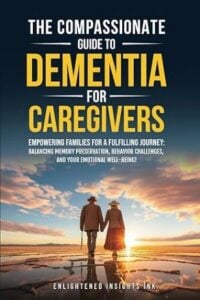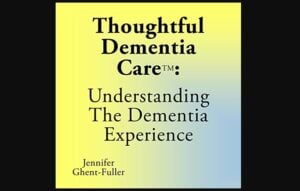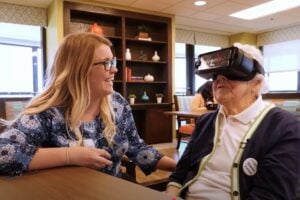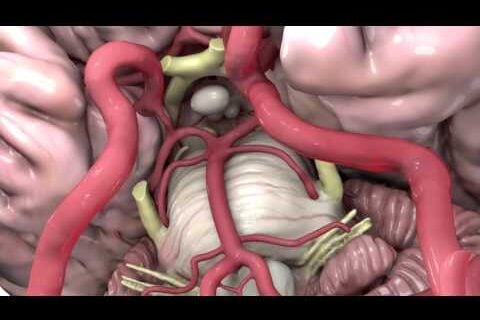“Good Practice in the Design of Homes and Living Spaces for People with Dementia and Sight Loss” is a new book of guidelines launched by Thomas Pocklington Trust and the University of Stirling.
The book reveals how clever design of living spaces can improve the lives of people who are living with two common conditions – dementia and sight loss.
The evidence-based guidelines help make homes more accessible for people with both conditions and were developed after researchers gathered the views and experiences of people living with dementia and sight loss, their families and carers and a wide range of professionals.
Sight loss and dementia are both associated with ageing. The consequences of visual mistakes can be serious for people with dementia who may not realise or remember that they have made a mistake or be able to rationalise or ‘reality check’ what they believe they are seeing.
Professor Alison Bowes, who led the Stirling research, says: “Our research focuses on the person, their individual needs and rights, and the ways in which their independence and capacity can be improved. The new guidelines consider the individual first and show that simple measures can make their homes more accessible and supportive. We believe these are among the first such guidelines to begin to address this important issue of promoting independence and capacity for people with both dementia and sight loss.”
Before being finalised the guidelines were reviewed in an online survey of 360 specialists working in the field of dementia and/or sight loss. There was strong agreement with most of the elements and this is reflected in their final format.
Dr. Watson says: “These guidelines will help people with dementia and sight loss to live their daily lives with more independence. We also hope that they will trigger a greater awareness of the problems caused when these two conditions are combined and the importance of considering sight loss alongside issues of dementia.”
To download your free copy, click:
For more home safety tips, see the NIH / National Institute on Aging’s checklist:











